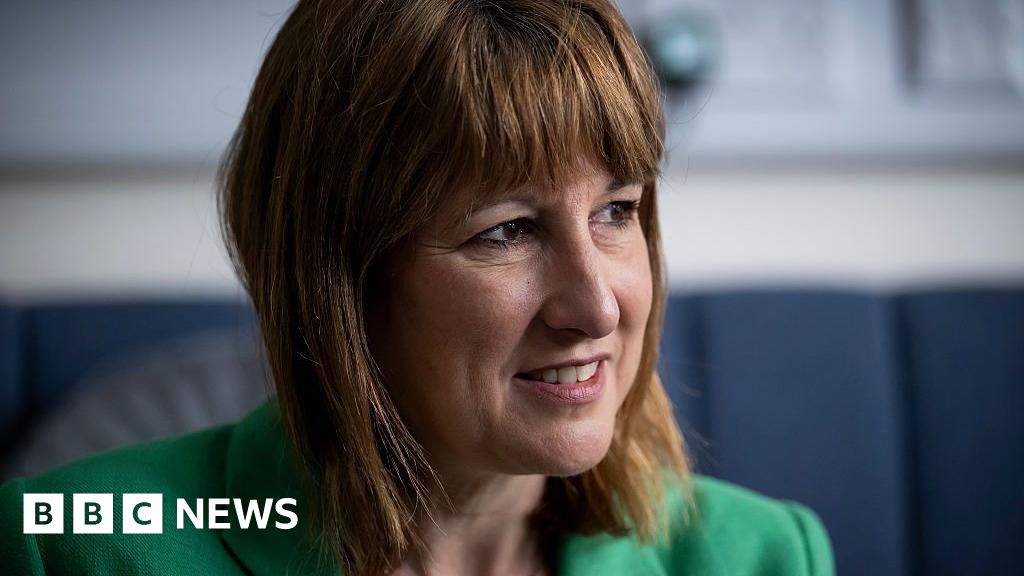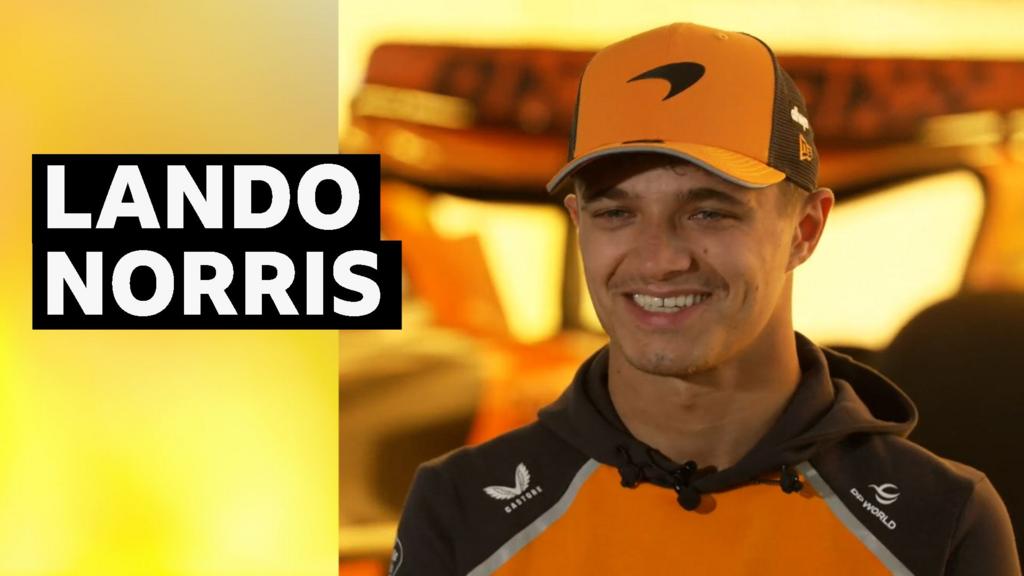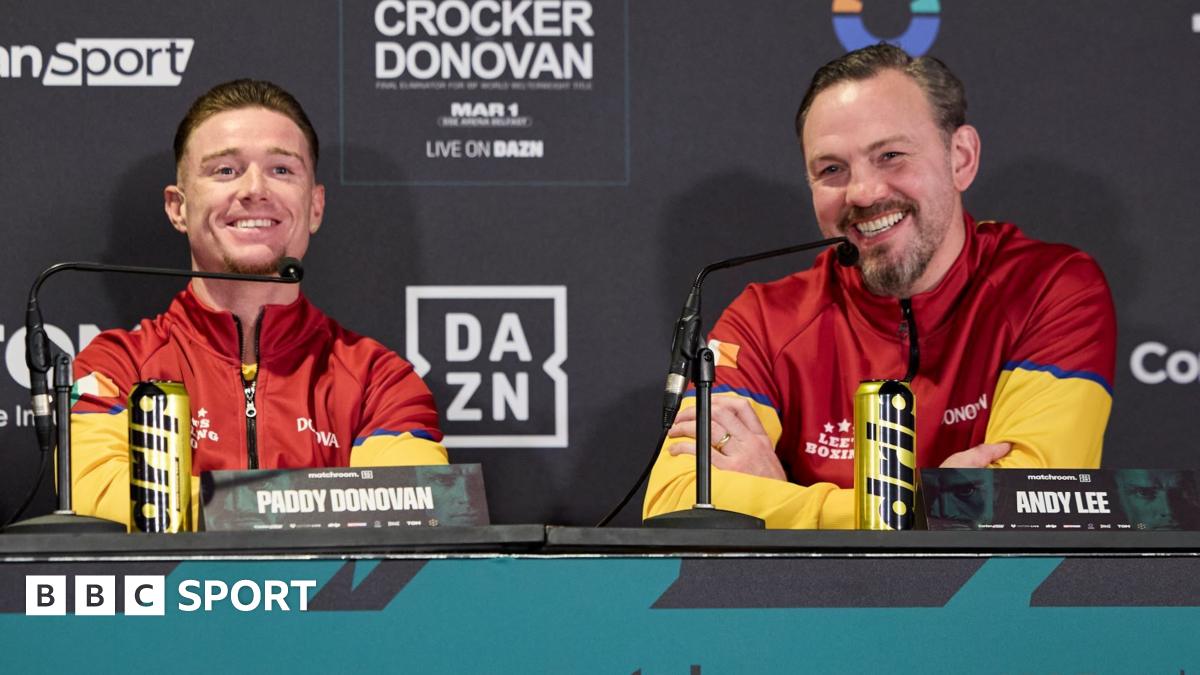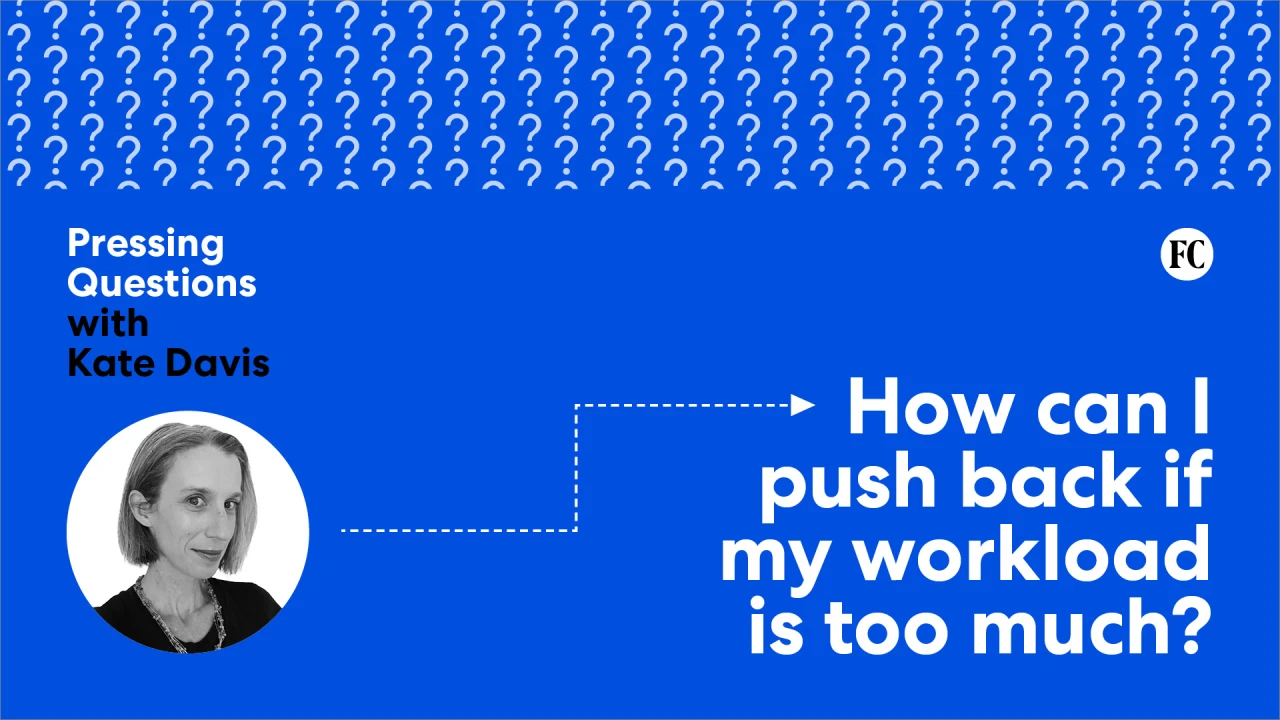Want to be a CEO? Act like a founder

It’s no secret that the most exciting companies are often run by their founders. What’s less obvious is that the rare opportunities to become CEO—especially of fast-growing tech companies—tend to go to people who have been acting like founders all along.
Founders often bring the rare combination of vision, grit, and salesmanship that can take a company from idea to juggernaut. As a result, founder-run companies tend to dominate the tech space. In fact, founders remain CEOs at 88% of B2B software companies at IPO, according to recently published SaaStr analysis of 65 major IPOs in this space.
I remember being very intrigued during the 2017 Uber CEO search, precisely because of this dynamic. For a company as exciting and transformative as Uber, it was quite rare to have an open CEO role. And for that reason, candidates who were CEOs of much larger revenue scale companies were rumored to be considering the role, including CEOs of companies like General Electric and Hewlett Packard. Dara Khosrowshahi was chosen for the role, and it was no accident that he had trained so closely with IAC founder, Barry Diller.
I think most would agree that Khosrowshahi, despite having never been a founder, has been excellent at Uber’s helm (and the stock price shows it). The same is true of nonfounder CEOs Satya Nadella of Microsoft, Nikesh Arora of Palo Alto Networks, and so many others—like Greg Peters, who rose through the ranks at Netflix and became co-CEO in 2023.
Show up for the company
In early 2024, I started getting calls to interview for CEO roles, including one at Figure, a fast-growing blockchain and fintech company. The founder was considering moving into an executive chairman role. Instinctively, I knew this was a big opportunity. I had worked for its founder, Mike Cagney, before and my fintech experience had shown me the enormous opportunities in solving capital market inefficiencies with blockchain technology.
I think a big reason why I had these opportunities is that I had been operating like a founder rather than an executive for years.
I remember distinctly when I was the VP of finance at SoFi, but was asked to turn around the mortgage division. A number of people advised me against it: The role was very specific (not every company has a mortgage division, but every company has a finance department) and I had to move out of San Francisco to an operations center far outside the city. I chose to do it, because that was what the company needed. I optimized for the company’s needs rather than what I thought was the career-optimizing decision.
Ultimately, optimizing for the company was the career-optimizing decision too, as I was later promoted to chief revenue officer. However, whenever I share that anecdote—whether talking with mentees or employees about them making similar moves, I have been almost universally rejected. It can be unnatural to optimize for companies. But for a founder, it’s second nature.
Volunteer for opportunities
That lesson came back again at Brex, which I joined following SoFi.
Our initial public product launch was highly anticipated internally, as we had worked for over a year to build the product, and were keeping our $50 million in capital raises in stealth. Three months before the scheduled launch, we unexpectedly lost our marketing head. I knew nothing about marketing at the time, but I had witnessed SoFi’s marketing success firsthand.
I was the CFO, but I knew we had to have a marketing launch, so I stepped up, offering to run marketing and the launch. This was a high stakes launch, and I had no experience. It was tough, with a lot of ups and downs. But ultimately it was not only hugely rewarding for me, but also a very successful marketing launch.
In looking back at my experiences, and of people I admire, there are a few common themes:
Optimize for the company, not your resume.
A founder mentality does what needs to be done for the company’s success, whereas an executive mentality can view it as presenting more downside than upside.
The best opportunities don’t involve applications
Rather, they’re created by those who think and act like founders long before they’re given the CEO title. They almost always come from inside organizations or via referral.
Get comfortable with being uncomfortable.
Whether it’s stepping into unchartered territory or taking on that role that looks like a headache—it might just be your best move yet.
The best CEO jobs may seem unavailable or out of reach, but if you act like a founder today, you might just be asked to fill one tomorrow.
Michael Tannenbaum is CEO of Figure.
What's Your Reaction?
 Like
0
Like
0
 Dislike
0
Dislike
0
 Love
0
Love
0
 Funny
0
Funny
0
 Angry
0
Angry
0
 Sad
0
Sad
0
 Wow
0
Wow
0





























































































